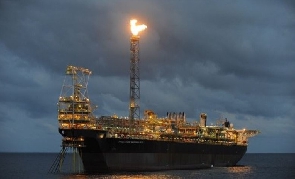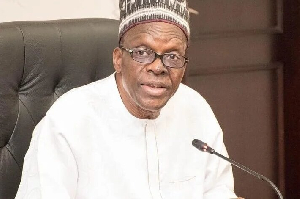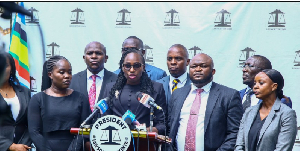The Natural Resource Governance Institute (NRGI) has cautioned government to avoid granting tax breaks to companies in the oil and gas sector.
The institute’s latest briefing, which assessed the risk of a “race to the bottom” in how oil- and gas-producing countries manage tax issues in the pandemic context, said with the drop in oil prices, some countries will likely have to decide whether they will give tax breaks to oil and gas companies to attract or retain investment.
“The tax breaks on most currently-operating oil and gas projects are likely unnecessary and a waste of public money,” NRGI cautioned.
“Companies’ operating costs and taxes in all of the studied countries are well below the current price per barrel. These costs matter because companies tend only to stop production when the market oil price is below the costs of continuing to operate the project,” it explained.
In the case of Ghana, the average operating cost is US$16 per barrel, whereas tax on upstream production is only US$5, leading to a total cost per barrel of US$21. This remains well below the current price per barrel of more than US$40.
Experts say the payments that oil and gas companies make to governments—in the form of production shares, taxes and royalties—are often larger per barrel of oil produced than the actual cost of production. When times are tight, this is where companies often look to cut their overall costs.
However, NRGI said tax breaks to oil and gas companies during price slumps have a volatile history.
“The wrong choice can mean countries lose out in the medium to long term, or companies gain a tax break that was unnecessary, reducing much-needed government revenue,” the institute stated.
In the 2020 budget, government projected a benchmark oil price of US$ 62.6 per barrel. However, in July, the finance minister predicted oil revenue would be 50 percent lower than anticipated due to the pandemic. Currently, oil is trading around US$48 per barrel.
Sharing his opinion on the matter in an interview with Business24, Dr. Steve Manteaw, the former chairman of the Public Interest and Accountability Committee (PIAC), the body which monitors the use of petroleum revenue in Ghana, noted that some oil and gas companies have started lobbying for tax reliefs to give them space to invest in their projects.
He said since taxes are fixed by Parliament, any decision to grant tax reliefs would requirement an amendment of the law.
“For this reason, I would advise government not to touch the tax laws and therefore not to grant any reliefs that may require an amendment to our tax law, but to put together a package that helps to mitigate the hardship in the interim without touching the tax laws,” he recommended.
Click to view details



Business News of Monday, 30 November 2020
Source: thebusiness24online.net

















